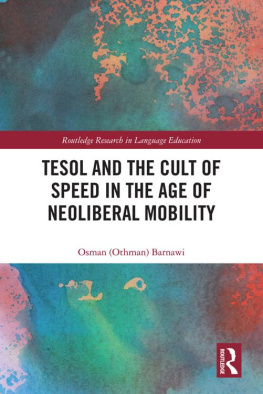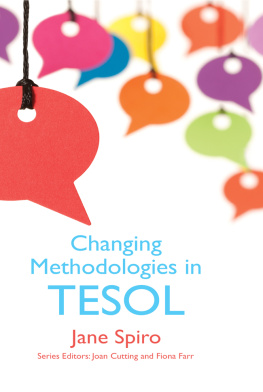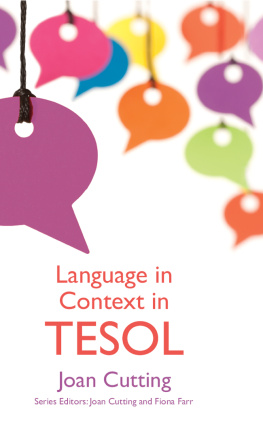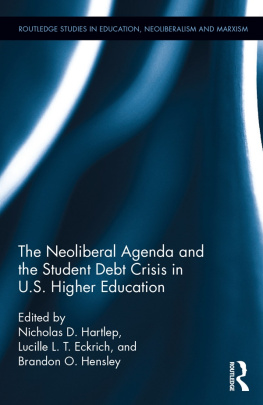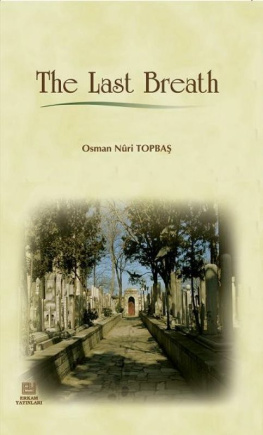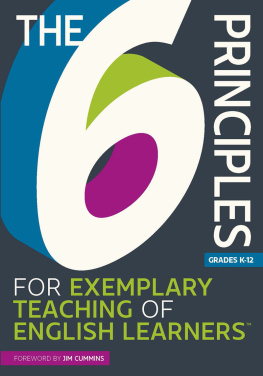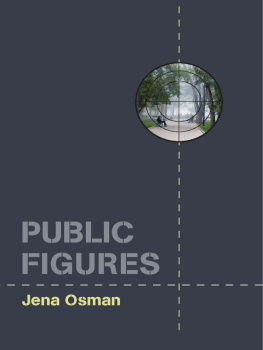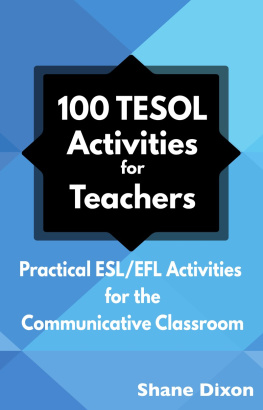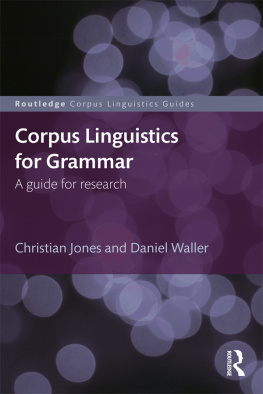TESOL and the Cult of Speed in the Age of Neoliberal Mobility
TESOL and the Cult of Speed in the Age of Neoliberal Mobility argues that because the nexus between TESOL and the cult of speed in an age of increased neoliberal mobility has not yet been explicitly unpacked, discussed, identified, and theorized, the implications of this socioeconomic phenomenon for TESOL policies, curricula, pedagogies, and practices have been overlooked.
Through the presentation of several qualitative case studies, the book illustrates the social dynamics of speed and its key aspects (i.e., the materiality and the politics of time) in different TESOL contexts, including Saudi Arabia, the USA, and Canada. The aim in presenting these diverse case studies was to craft a collection of responses, which, when put together, could offer new insights into the TESOL academic community. The book examines the ways in which the cult of speed has been envisioned, celebrated, negotiated with, enacted, and justified by the various actors within the contemporary field of TESOL. It also investigates the new language teaching practices and forms the cult of speed in TESOL has generated and is generating.
TESOL and the Cult of Speed in the Age of Neoliberal Mobility will be of interest to TESOL/applied linguistics educators, students, policy makers, administrators, employers, and the wider community, and it is hoped will give them ideas about how to deal with todays culture of fast movement in the globalized higher education landscape.
Osman (Othman) Barnawis scholarly research deals with the intersection(s) between language and political economy, social and education policy studies, the cultural politics of education in the Arabian Gulf, multilingual and multicultural studies, second language writing, TESOL/applied linguistics, and higher education studies.
Routledge Research in Language Education
The Routledge Research in Language Education series provides a platform for established and emerging scholars to present their latest research and discuss key issues in Language Education. This series welcomes books on all areas of language teaching and learning, including but not limited to language education policy and politics, multilingualism, literacy, L1, L2 or foreign language acquisition, curriculum, classroom practice, pedagogy, teaching materials, and language teacher education and development. Books in the series are not limited to the discussion of the teaching and learning of English only.
Books in the series include
Towards a New Paradigm for English Language Teaching
Current ESP Perspectives in Asia and Beyond
Edited by Hajime Terauchi, Judy Noguchi, and Akira Tajino
Worldwide English Language Education Today
Ideologies, Policies and Practices
Edited by Ali Al-Issa and Seyyed-Abdolhamid Mirhosseini
Home Schooling in China
Culture, Religion, Politics, and Gender
Xiaoming Sheng
Developing Critical Cultural Awareness in Modern Languages
A Comparative Study of Higher Education in North America and the United Kingdom
Elinor Parks
TESOL and the Cult of Speed in the Age of Neoliberal Mobility
Osman (Othman) Barnawi
For more information about the series, please visit www.routledge.com/Routledge-Research-in-Language-Education/book-series/RRLE
TESOL and the Cult of Speed in the Age of Neoliberal Mobility
Osman (Othman) Barnawi
First published 2020
by Routledge
2 Park Square, Milton Park, Abingdon, Oxon OX14 4RN
and by Routledge
52 Vanderbilt Avenue, New York, NY 10017
Routledge is an imprint of the Taylor & Francis Group, an informa business
2020 Osman (Othman) Barnawi
The right Osman (Othman) Barnawi of to be identified as author of this work has been asserted by him in accordance with sections 77 and 78 of the Copyright, Designs and Patents Act 1988.
All rights reserved. No part of this book may be reprinted or reproduced or utilised in any form or by any electronic, mechanical, or other means, now known or hereafter invented, including photocopying and recording, or in any information storage or retrieval system, without permission in writing from the publishers.
Trademark notice: Product or corporate names may be trademarks or registered trademarks, and are used only for identification and explanation without intent to infringe.
British Library Cataloguing-in-Publication Data
A catalogue record for this book is available from the British Library
Library of Congress Cataloging-in-Publication Data
A catalog record for this book has been requested
ISBN: 978-0-367-26461-1 (hbk)
ISBN: 978-0-429-29342-9 (ebk)
Typeset in Sabon
by Apex CoVantage, LLC
To my parents, sisters, brothers, family, and son Jawad
Contents
Guide
Despite the existence of numerous studies on the concept of speed, the nexus between the field of Teaching English to Speakers of Other Languages (TESOL) and the cult of speed in the age of time-space compressed (Harvey, 1989) neoliberal mobility remains under-explored a critical research gap this book aims to fill. The book has its origins in my lived experience with the social dynamics of speed at personal, educational, professional, and institutional levels over the past 15 years or so. Thus, I would like to sincerely thank all those who supported me and offered their invaluable assistance and contributions.
I would first like to thank my mother for her continuous prayers and support throughout the process of writing this book. Thank you for everything you have given me in this life and I will continue to pray God that you get well soon! I would like to also say to my father, may God rest your soul in peace. We shall always remember you!
Thanks to my brothers and sisters; my son, Jawad; my wife; and all my other family members for their continuous support and cooperation long before now and always.
I was fortunate to have the opportunity to discuss the idea of this book with leading scholars in the fields of applied linguistics, TESOL, and language in education. Special thanks must go to Professor Sara Benesch, Professor Emeritus of English, College of Staten Island, The City University of New York, for her valuable and critical comments and suggestions at the beginning of this project. Professor Benesch is known for her critical scholarly works on the nexus between emotions and power in English language teaching as well as her critical works on English for Academic Purposes. She is also known for her generosity and sense of sharing. Although she had already retired, she always responded quickly to my questions.
I would like to also thank my brother, Professor Awad Ibrahim, at the University of Ottawa in Canada for his thought-provoking comments and suggestions along the way. Thank you, my brother, for your constant love and inspiration. My deep appreciation also goes to Professor Suhanthie Motha at the University of Washington in the USA for her insightful comments and questions. Professor Motha is known for her care, kindness, generosity, and supportive approach.
I would like to also offer special thanks to Professor Alastair Pennycook at the University of Technology, Sydney, Australia, Marnie Holborow at Dublin City University, Ireland, and Professor Christian Chun at the University of Massachusetts, Boston in the USA for generously sharing their thoughts with me.

